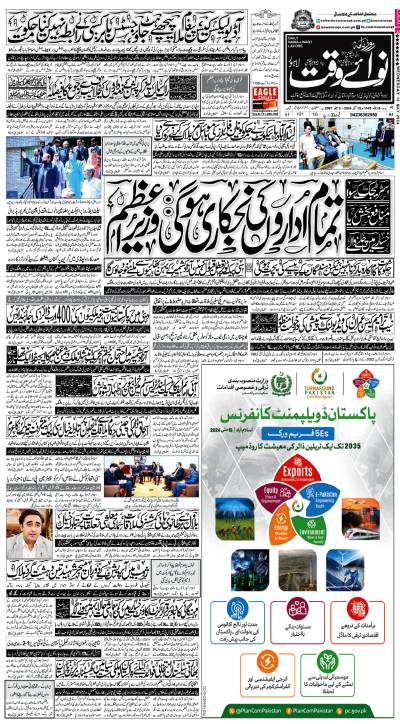It was revealed earlier this week that many private schools in Sindh which are required to enroll 10 percent poor students free of cost under the law, are not complying with this obligation. This matter was raised in the provincial assembly by the Sindh Education Minister Syed Sardar Shah, as the education department has been receiving complaints on this issue. This policy was introduced in the first place to ensure greater access to education for students from low-income backgrounds, and this lack of implementation points towards deeper issues that have plagued the education system and impacted outcomes.
It is the responsibility of the provincial government to provide education to a child aged five to 16 years as it was a constitutional binding that children should be given free education. But these words have never been implemented in spirit going by the dismal state of our education system, and the particularly poor learning outcomes in Sindh.
Given that the provincial government lacks the resources to shoulder the burden all on its own, there has been mushroom growth of private schools that have stepped in to fill the void. How these schools are faring in this regard is a separate and much needed discussion, but the fact that they are not even fulfilling what the constitution asks of them is a serious concern. If these schools are expected to shoulder the burden of educating children in the province, then there should be a clear outlining of objectives, policies, and accountability mechanisms to ensure that this public-private pact works as intended.
However, the results of the recent private school census carried out in the province shows that before this exercise, the government was in the dark about the number of private schools established in the province. As a result, there was no data regarding the enrollment in these schools.
The results of the census reveal a bleak image of educational standards in the province, and this issue of enrollment is just one of many that need to be addressed. The data also shows that many private schools in Sindh operate even without the basics like electricity or clean drinking water and lack other critical amenities such as science labs and internet facilities.
It is imperative that the relevant provincial government authorities take the recent data as a sign to pressure private schools to improve educational standards and to fulfill their constitutional obligations. Perhaps, a separate committee should be constituted to monitor and regulate private schools, because the current state of affairs paints a picture of severe neglect, and our children deserve better.
Wednesday, May 15, 2024
Private Schools in Sindh
Indian batter Suryakumar Yadav continues to rule T20I rankings
5:24 PM | May 15, 2024
Sonali Bendre reacts to Shoaib Akhtar's comment he'll 'kidnap' her
5:24 PM | May 15, 2024
Hazim Bangwar responds to critics over award event look
5:23 PM | May 15, 2024
Babar Azam sets sights on sustaining success in England series
5:20 PM | May 15, 2024
Haaland urges Manchester City to stay calm
5:19 PM | May 15, 2024
Heat Alert
May 15, 2024
Tax Reform
May 15, 2024
Crisis Averted
May 15, 2024
Time Is Now
May 14, 2024
Power Abuse
May 14, 2024
Success of Lunar Mission
May 15, 2024
Service disruption
May 15, 2024
Weather Crisis
May 15, 2024
Reforming the Wheat Purchase System
May 15, 2024
Political Instability
May 14, 2024
ePaper - Nawaiwaqt
Advertisement
Nawaiwaqt Group | Copyright © 2024





